Buying a house is a big deal, not to mention a big investment. So you want to make sure the property you’re purchasing truly is your dream home, through and through. That’s where being smart about your home inspection can make a big difference. While offers move fast and purchasing any property is a whirlwind of a journey, there are smart things all prospective homebuyers can do to ensure their home inspection process is as smooth as possible. From questions to ask a building inspector to how to prepare for a home inspection, here’s how to get the most out of the process.

Find the Right Home Inspector
Doing your research is the first step in ensuring a top-notch home inspection. Read reviews, figure out what the inspector checks (and what they don’t check!) and be sure to ask how long the person has been on the job. When it comes to checking out older homes, experience in wonky or unique situations is definitely key.

Hire the Home Inspector Yourself
Your realtor can probably recommend a home inspector, but at the end of the day, any future problems that arise because the person you hired wasn’t properly vetted is on you. So it’s important that you are the one to hire the person coming in to assess your potential home.
As for costs, a typical home inspection in Canada will run you anywhere from $300-$700. Be skeptical of quotes on the lower end, which could signify the inspector is hurting for clients. Don’t be afraid to ask for a sample report, and remember, word of mouth is gold.
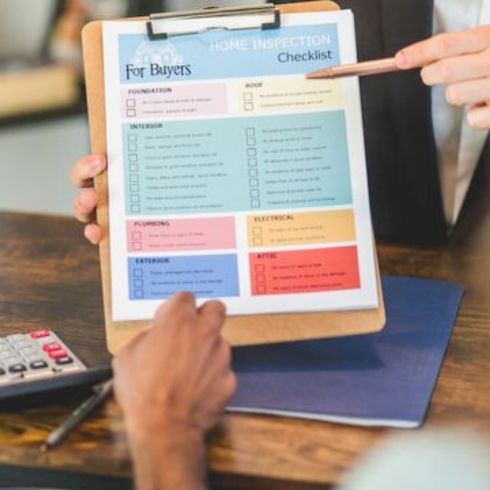
Attend the Inspection and Have a List of Questions
While it’s perfectly reasonable for some inspectors do a quick walk-through by themselves first, be wary of any inspector who isn’t willing to walk through the home with you. You should also have a list of questions ready, just in case. Some things to consider include the condition of the roof, home insulation, electrical, plumbing, HVAC system and whether there are any critters. You’ll also want to ensure the home is structurally sound, and whether there are any draining issues around the exterior.
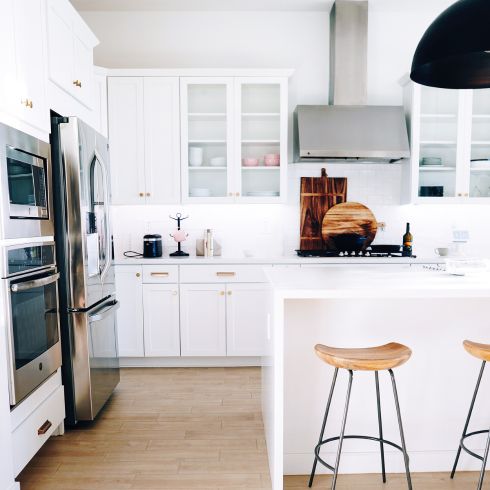
Be Distraction-Free and Ask Follow Ups
To get the most out of your inspection, be sure to leave kids and pets at home, where they can’t easily distract you. That way you can pay close attention to what your inspector is saying, and ask follow-ups as needed. For example, if they point out a water stain on the ceiling, don’t be afraid to ask what that means. It’s your home inspector’s job to be thorough, so ask for any kind of clarification when you’re unclear or unsure.

Take Your Time
Typical home inspections can take anywhere from one to three hours (depending on the size of the home). Ask your inspector how long he or she anticipates the job will take before arriving so that you can set the time aside and not feel rushed. On the flip side, be wary of any home inspectors who claim a job will take an unreasonably long or short amount of time.
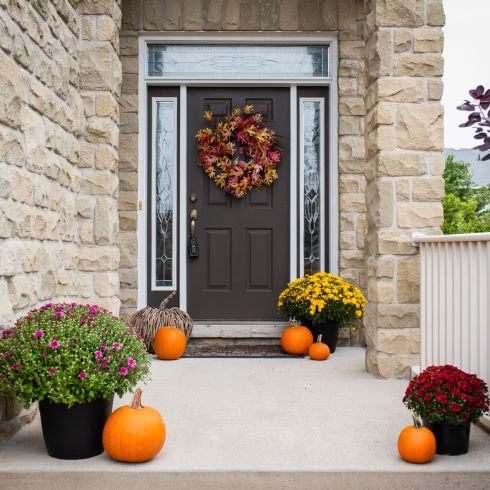
Take This Opportunity to Learn
Every home is different, with its own unique quirks and faults. As you’re getting to know your potential new property with a home inspector, use the time to also get a feel for how the home functions. How does the furnace work? What kind of humidity does the house need? Where are the main water shutoffs? If there’s a sump pump, ask how that works. The more you know, the more comfortable you’ll be with your purchase.

Make a List of Costs
As you’re doing your walk-through, make a list of all potential or necessary repairs and fixes you’ll need to address. Note any correlated costs as well so that you have a better idea of what you’re really dealing with. Then be sure to incorporate those costs into whatever renovation budget you were planning.

Take Results Seriously
A home inspection report usually comes two to three days after the actual inspection. At that point, go through the report and make note of what it says. Write down a list of questions and be sure to contact your inspector for full clarity. Sometimes questions will pop into your head afterwards, but part of a good inspector’s job is to respond, even after they’ve given you their report.
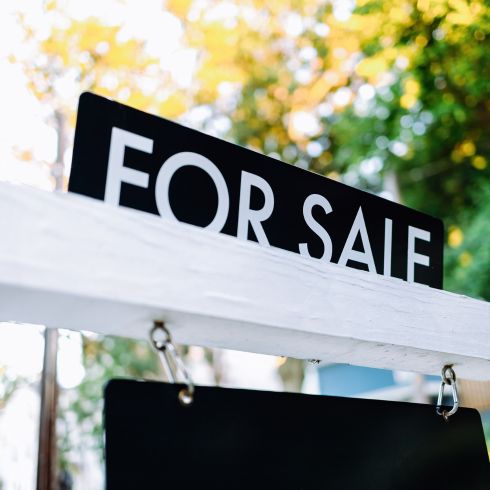
Make a Plan
One question that’s always beneficial to ask a home inspector is what you should address or fix first. We all know that homeownership comes with big costs, so figuring out what you need to prioritize and what can wait will help you come up with your overall plan and budget. That’s particularly important when you’re figuring out whether you can truly afford this new home!
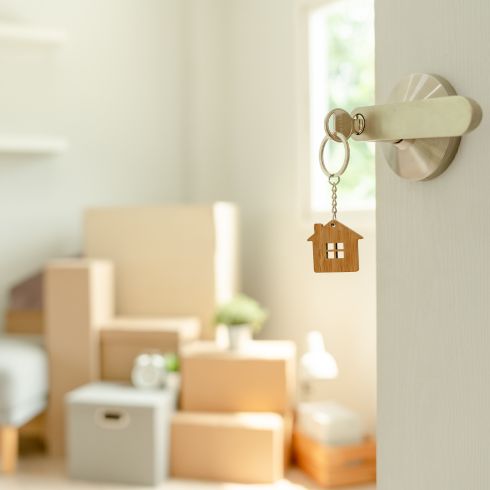
Get Referrals
If you’re unsure of where to start with a new roof, electrical, plumbing or other issues that may be new to you, ask for a referral. Home inspectors have a front-row seat to who does both good and shoddy work in your area. That means they can be a wealth of knowledge when it comes to independent jobs (even if it is just to get an estimate so that you and your realtor can get the best possible deal on your soon-to-be dream home).
HGTV your inbox.
By clicking "SIGN UP” you agree to receive emails from HGTV and accept Corus' Terms of Use and Corus' Privacy Policy.




